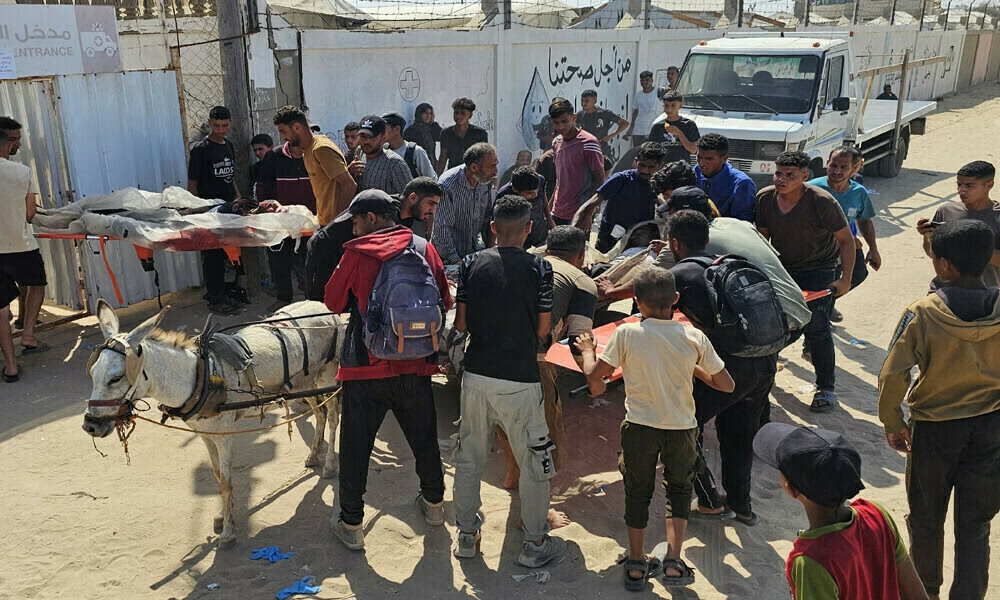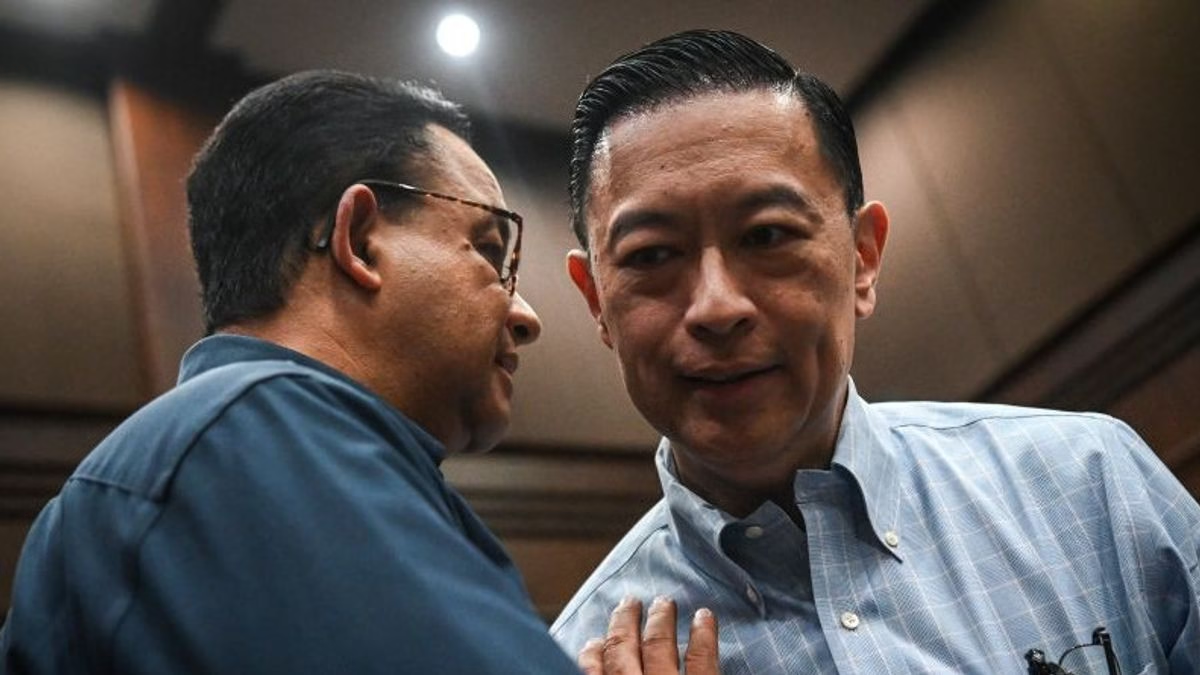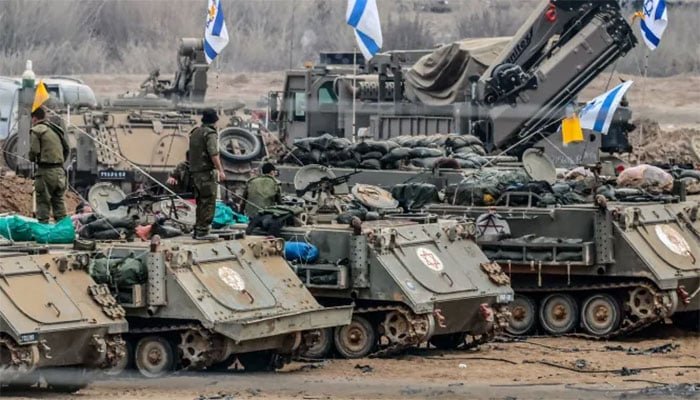The United Nations has reported that nearly 800 people have been killed while attempting to access humanitarian aid in Gaza since late May, with most deaths occurring near aid distribution sites operated by the US- and Israel-backed Gaza Humanitarian Foundation (GHF).
According to UN Human Rights Office spokesperson Ravina Shamdasani, the killings occurred following the launch of GHF operations on May 26. The foundation was established as a privately run effort supported by the United States and Israel, created in response to Israel’s decision to halt the flow of humanitarian aid into Gaza for over two months — a blockade that fueled international fears of an impending famine.
Between the start of GHF operations and July 7, the UN recorded 615 deaths in the immediate vicinity of the GHF aid sites. An additional 183 fatalities were reported along aid convoy routes, which include those operated by the United Nations and other humanitarian organizations.
This is nearly 800 people who have been killed while trying to access aid,Shamdasani told journalists during a press briefing in Geneva. Most of the injuries are gunshot wounds,she added, underscoring the alarming pattern of violence that has gripped aid delivery efforts in the besieged region.
Aid Delivery Under Fire
The GHF, launched to provide large-scale humanitarian relief amidst a total collapse of Gaza’s supply chains, has claimed it has distributed over 69 million meals since its inception. However, its operations have quickly come under scrutiny due to chaotic and violent scenes at distribution sites, with frequent reports of Israeli forces opening fire on desperate civilians trying to obtain food, water, or medical supplies.
The UN’s findings suggest that rather than easing the humanitarian catastrophe in Gaza, the foundation’s distribution methods — and the circumstances under which aid is being delivered — may have further endangered lives.
Sidelining the UN’s Humanitarian Network
The GHF’s creation and operational structure have effectively marginalized the United Nations’ long-established aid delivery mechanisms in Gaza, which had previously coordinated with local and international partners to reach affected communities in a safer, more structured manner.
Aid groups and human rights organizations have criticized the GHF for what they describe as a lack of transparency and coordination, arguing that the shift away from traditional UN-led operations has not only reduced efficiency but also increased the danger to civilians. Humanitarian corridors and gathering sites are reportedly not clearly communicated or secured, leading to confusion and tragic confrontations.
GHF Denies Responsibility
Despite mounting evidence and UN reporting, the GHF continues to deny any role in the deaths. In a statement issued Thursday, the foundation insisted that it “has no confirmation of fatal shootings occurring in the immediate vicinity of its distribution points.” The group emphasized its commitment to delivering aid “as safely and effectively as possible under challenging conditions.”
However, field reports and eyewitness testimonies contradict this narrative, describing heavily armed security presence, poor crowd control, and an overall environment of fear and desperation at aid locations. International observers have also raised concerns about the militarization of aid and the use of humanitarian sites as zones of confrontation rather than safe havens.
Worsening Crisis in Gaza
The killings come against the backdrop of a deepening humanitarian disaster in Gaza. Since the war began, more than 35,000 Palestinians — many of them women and children — have reportedly been killed, and hundreds of thousands have been displaced. With medical infrastructure largely destroyed and basic supplies dwindling, the need for food, water, medicine, and shelter has become dire.
The two-month blockade prior to GHF’s launch had already pushed parts of Gaza to the brink of famine, and while food deliveries have resumed in some form, the risk to civilians attempting to access aid remains disturbingly high.
Calls for Immediate Action
Human rights organizations, including the UN, are calling for immediate action to protect civilians seeking aid. They demand that all parties, especially those with control over aid routes and distribution sites, adhere to international humanitarian law and ensure the safety of non-combatants.
There must be accountability, said Shamdasani. Delivering aid cannot come at the cost of civilian lives. Those responsible for these deaths must be identified and held accountable.
As the humanitarian crisis continues to spiral, the international community faces growing pressure to reassess the current aid mechanisms in Gaza and prioritize the protection and dignity of those who rely on this lifeline for survival.



